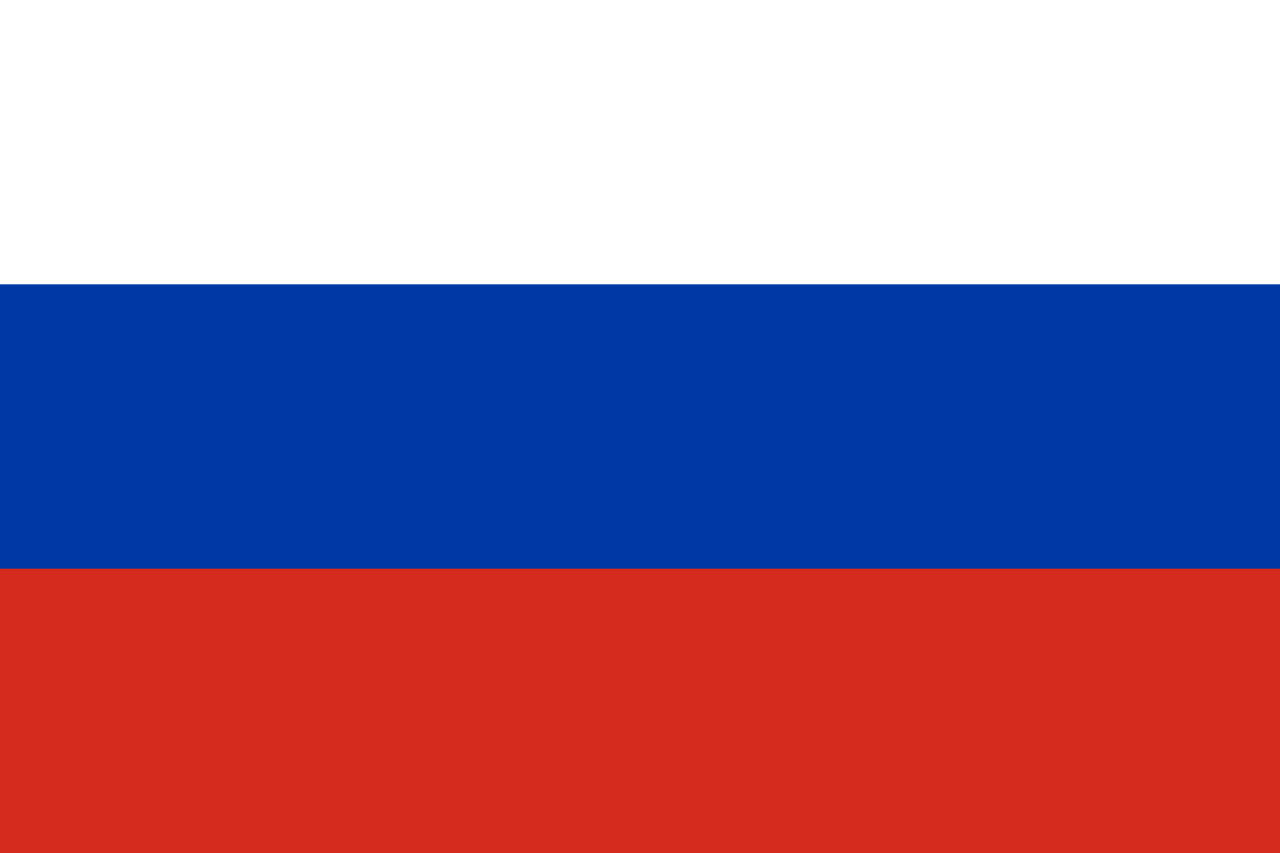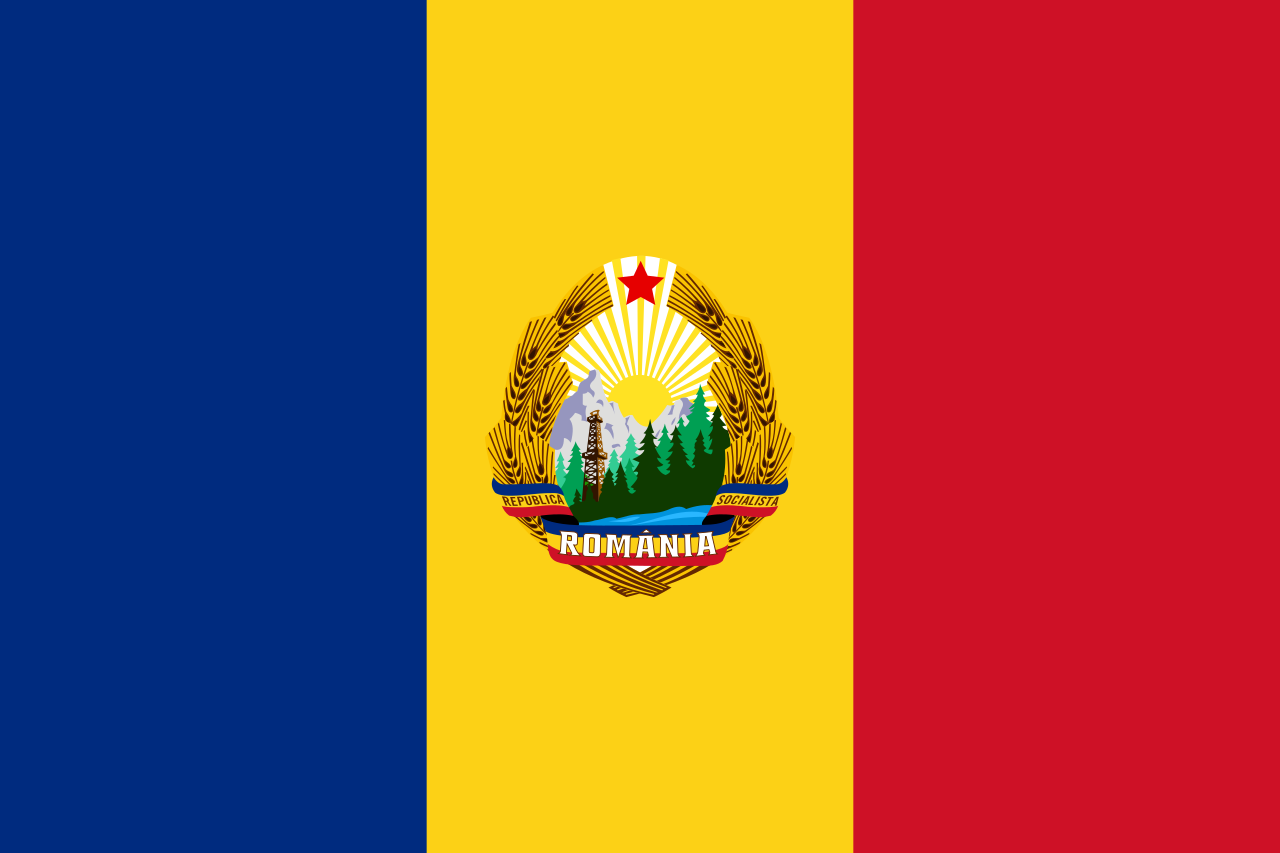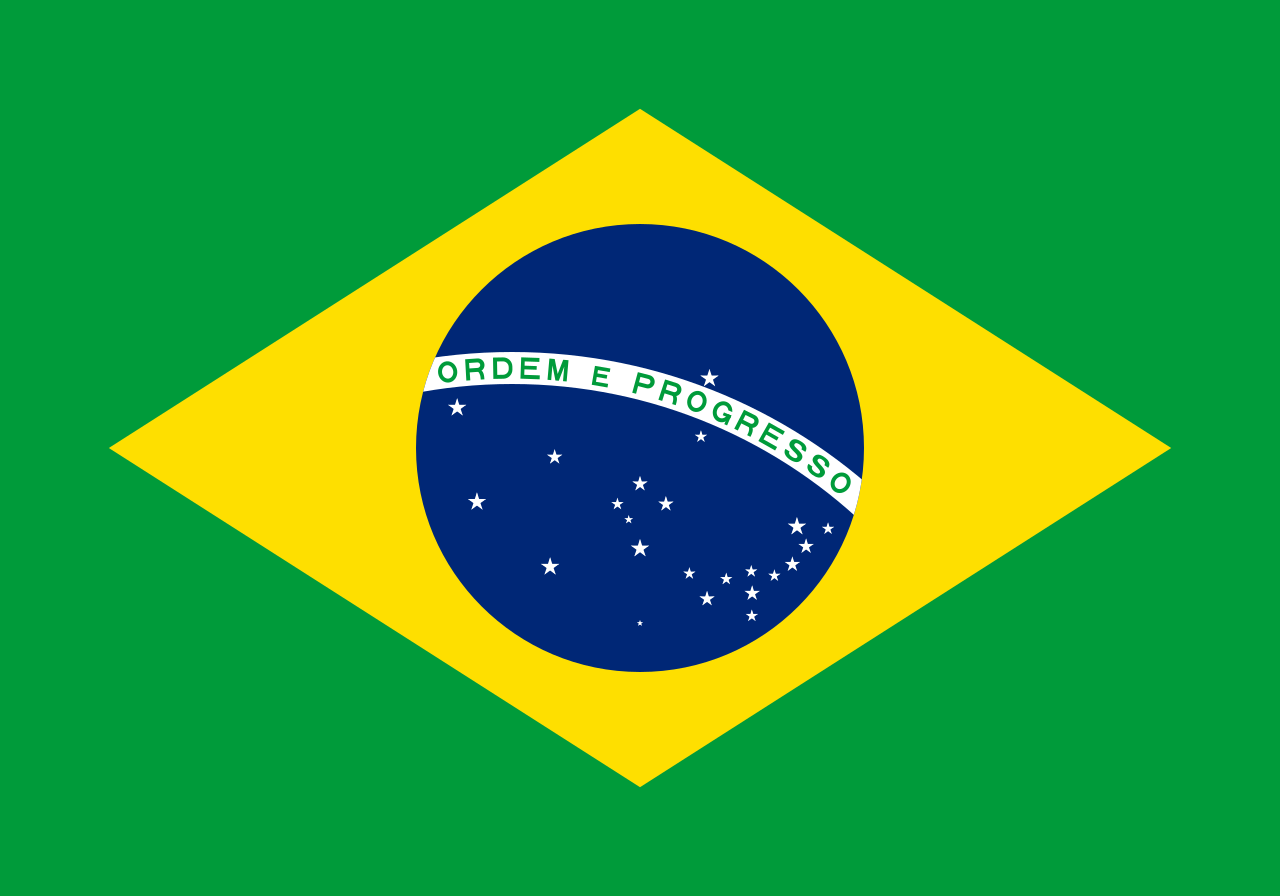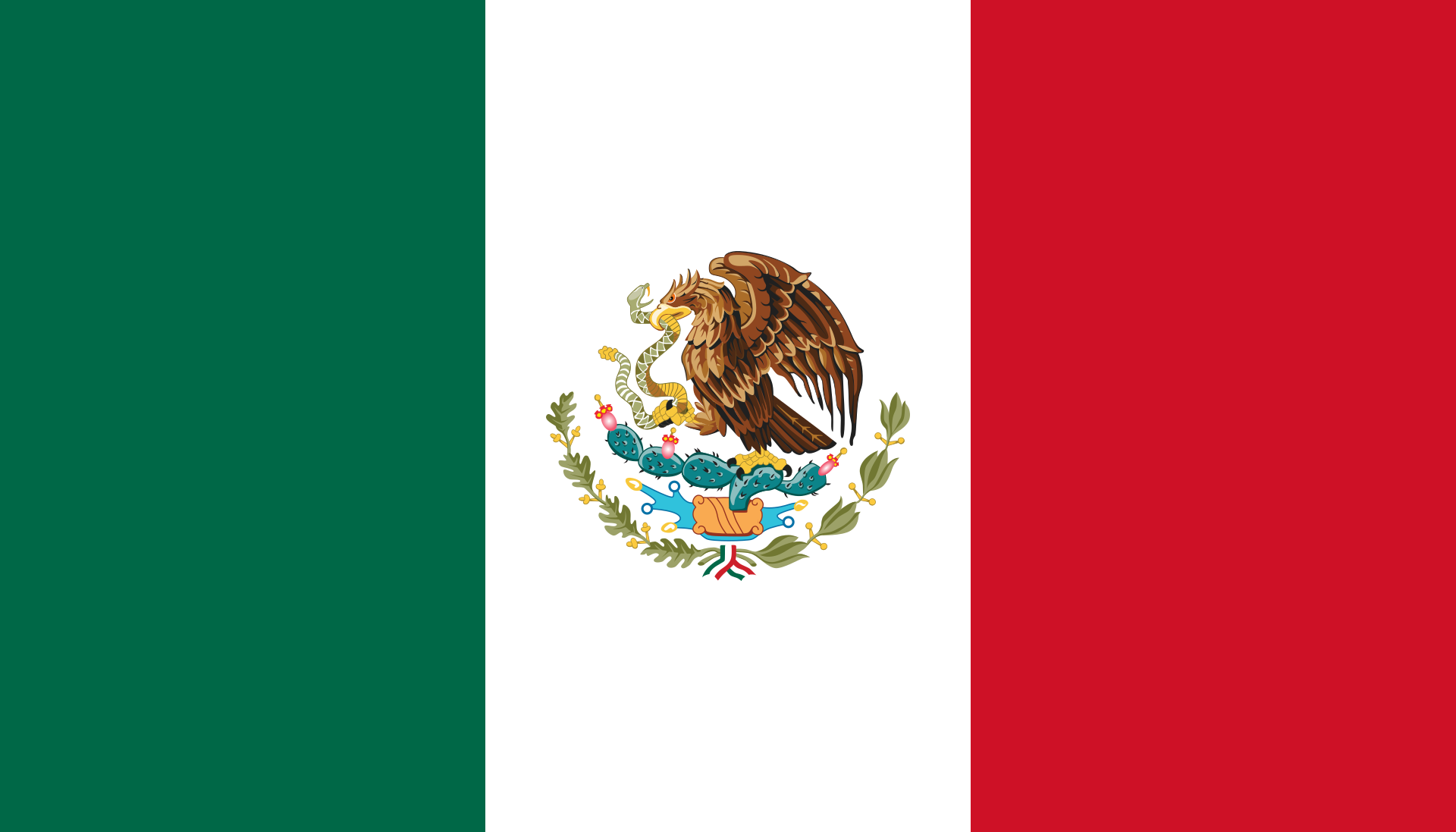
24. Olympic Summer Games
Olympic Medals in the games of 1988 in Seoul
739 Medals in 27 Sports in 237 Events
South Korea was only the second country after Japan to host the Olympic Games in Asia. They took place from 17.9. until 2.10. held in the capital, Seoul. After the three successive boycott games from 1976, 1980 and 1984, normality returned. Almost all countries sent athletes, only 7 countries were missing, including Ethiopia and Cuba. These countries previously requested North Korea to participate in the Summer Games, but the IOC declined. Of course, there was a new participant record with 8391 athletes from 159 countries. The IOC finally said goodbye to the controversial rule that only amateurs are allowed to play since 1896 and has also opened up to professionals. The new enemy were doping sinners.
Nobody suspected that it would be the last games for the Soviet Union and the GDR that again led the medal table. These countries were also the most successful participants. The GDR swimmer Kristin Otto won six gold medals. With seven medals, five of which were gold, the American was the best athlete in the games. The best gymnast was Vladimir Artyomov with four gold medals and one silver. But most of the headlines were in athletics.
The media had only one topic in advance: who would be the fastest man in the world? The American Carl Lewis or the Canadian Ben Johnson who had his roots in Jamaica. Everyone admired Ben Johnson's extremely muscular body. 100m final. After just a few meters, Ben Johnson has an advantage over Carl Lewis. He wins a new world record of 9.79. Carl Lewis came in at 9.92, Briton Linford Christie at 9.97. Johnson was celebrated by the media, everyone wondered how such a fantastic world record was possible. Two days later they had the answer: Ben Johnson had been doped with the anabolic steroid stanozolol. He had to give up his gold medal again, the disqualified man fled Seoul. Johnson later admitted by his doctor Dr. George Astaphan being doped. The last doping syringe had been given 22 days before its first start. In order for the doping agent to break down faster, it was even connected to a blood purification machine. Johnson was banned for two years. Carl Lewis was awarded the gold medal. He also won in the long jump and finished second over 200m.
For women, there was no question of who was the fastest in the world. Already in the trials, the US qualification for the Olympic Games, she set a new world record over 100m with 10.49 seconds, which has still been broken to this day. In the final, she won in 10.54 seconds, a new Olympic record. No woman has yet reached this value. She also won more than 200m: 21.34 new world record! This too still exists today. After the games, she ended her career. In the following years there were doping rumors about her. Her early death at 38 also led to speculation.
Tennis player Steffi Graf from the Federal Republic of Germany won the Golden Slam. She won the Grand Slam tournaments of Melbourne, Paris, Wimbledon, the US Open and the Olympic tournament in 1988. This is unique in the history of tennis!
Christa Luding-Rothenburger, starting for the GDR, had already won over 1000m of speed skating and over 500m of silver in Calgary seven months earlier. In Seoul she competed in the bike sprint and won the silver medal. In Olympic history there are only five athletes who have won medals in both winter and summer games. However, Christa Luding-Rothenburger is the only one who did it in the same year!
As early as 1948, Durward Knowles took part in the Olympic sailing competitions for the Bahamas at the age of 30. In 1956 he won his first bronze medal in the star boat, in 1964 in the same boat class gold. In Seoul he was 70 years and 323 days old when he attended the eighth time. He is the oldest participant who has ever participated in the Olympic Games!
1600 drug tests were carried out. In addition to Ben Johnson, 9 other doping athletes were convicted. However, it can be assumed that there were significantly more doping cases since it is known today that state doping was practiced in the Eastern Bloc. 1988 was still a time when the doping hunters were mostly inferior to the doping sinners, 20 years later it should be different.



















































